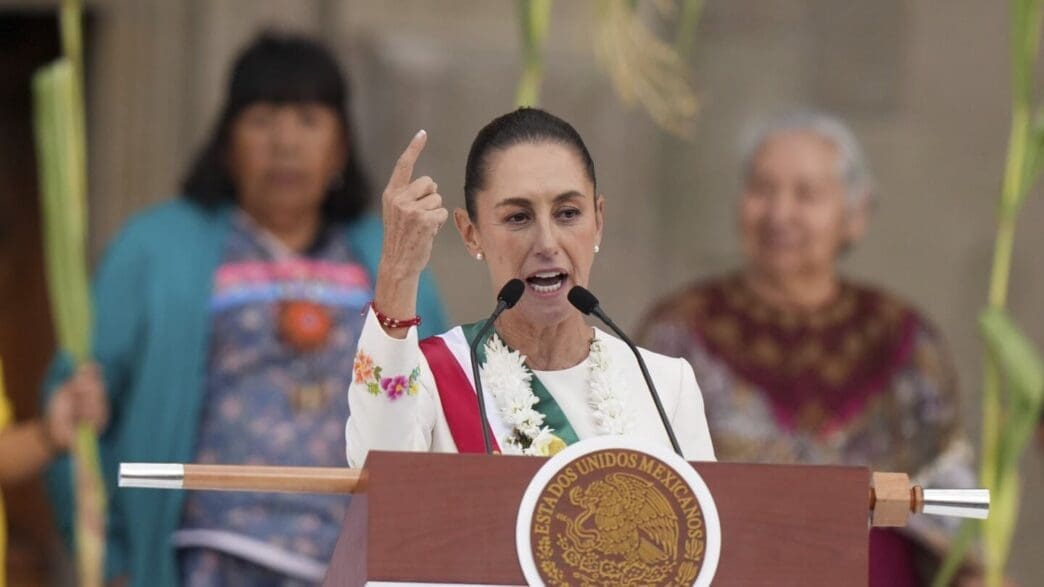Mexico is making waves on the international stage as its leader, Claudia Sheinbaum, pushes President-elect Donald Trump to handle migrant deportations differently. Recent statements reveal Sheinbaum’s bold request: deport non-Mexican migrants directly to their home countries, bypassing Mexico entirely. This request seeks to prevent migrants from being left stranded at less-than-prepared Mexican border crossings.
Sheinbaum’s proposal comes amid concerns that border areas could become overwhelmed if the U.S. proceeds with mass deportations, particularly of non-Mexican migrants. The Mexican president’s strategy is clear: avoid becoming a stopover for those who are not citizens of her country.
Currently, Mexico has agreements to accept a certain number of migrants from countries like Cuba, Haiti, Nicaragua, and Venezuela. These countries often pose challenges for the United States regarding deportations due to political or diplomatic issues. It’s not just policy at play; there’s a human element to consider. Mexican officials are gearing up for the possibility that Trump might fulfill his campaign promise to deport millions of undocumented immigrants. Preparations are underway to strengthen consular services in the U.S. for Mexican nationals who may face deportation.
Interestingly, third-country nationals (those not from Mexico) present a unique challenge. Imagine the logistical and economic pressures of suddenly having to support large numbers of people with no immediate ties to Mexico. For instance, between 2022 and 2023, Mexico agreed to accept up to 30,000 migrants monthly from select nations. However, these returns cost money, and the Mexican government even offered financial assistance to some Venezuelans to help them reintegrate into their homeland.
The backdrop to all this diplomatic negotiation is Trump’s looming threat of imposing hefty tariffs on Mexican goods unless more stringent anti-migrant measures are implemented. Mexico finds itself in a delicate balance, eager to manage relations with the U.S. while upholding its stance on open borders. Following a phone conversation, Trump claimed Sheinbaum had conceded to halting migration through Mexico — a claim Sheinbaum disputed by stressing Mexico’s commitment to maintaining open dialogues rather than closing borders.
Sheinbaum’s request to Donald Trump highlights an ongoing struggle to find humane and practical solutions to migration challenges. As diplomatic talks continue, the world watches closely to see how these complex interactions will unfold. Mexico’s efforts to keep the dialogue open without succumbing to external pressures reflect a nuanced approach to international relations in a rapidly changing global landscape.
Source: Apnews








